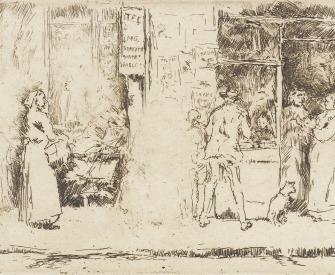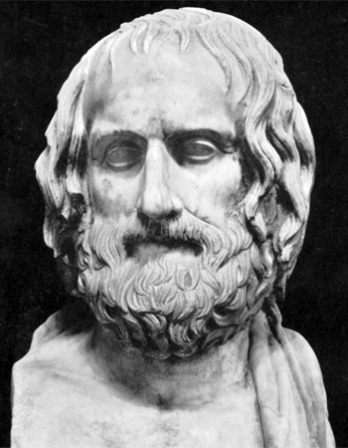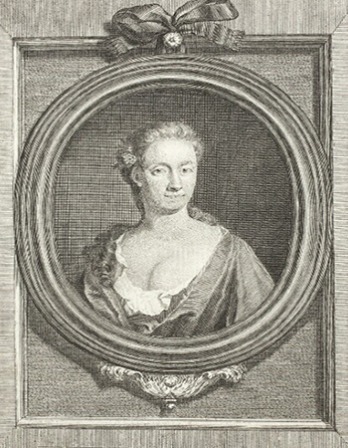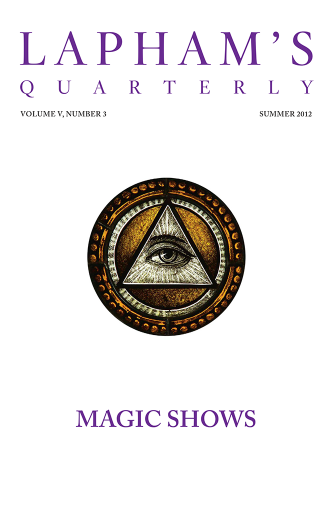Economic independence is essential to all human beings in order that they may develop their full individuality and freely obey the higher code of moral conduct.
The current ideal of sex relationship, which confines the wife to the home and encourages little if any free action and free labor on her part, is inconsistent with this economic independence and therefore is an ideal ultimately destined to extinction. To the thoughtful man, surely the current view of sex relationship must appear intolerable, almost repulsive. The idea will suggest itself that the woman married him possibly for a livelihood or for a position; possibly she remains with him for the same reason, or it may be because she feels the customary social ostracism following on separation would be unbearable. The charm of friendship lies in the spontaneity of its nature; two human beings remain friends as long as they find in each other a sympathetic attraction; it is the very danger of a rupture which produces mutual forbearance and renders friendship so frequently lifelong. To be bound to treat a person as a friend after sympathy has vanished would be intolerable, yet this is too often the outcome of lifelong monogamy. Is it any wonder that there are men as well as women who shrink from such a union? Deprive lifelong legal monogamy of its monopoly of respectability, or men and women of their sex instincts, which can now only be “socially” exercised in this mode, and I do not believe a single man and woman would again sign the register which replaced the freedom of friendship by a lifelong Siamese twinship. The economic independence of women will for the first time render it possible for the highest human relationship to become again a matter of pure affection, raised above every suspicion of constraint, and every taint of commercialism.
From “Socialism and Sex.” After studying mathematics at the University of Cambridge, Pearson completed his studies in Berlin, where he attended lectures on Darwinism. After returning to England, he took a position at University College, London, determined to use applied mathematics to measure the effects of Darwinian natural selection. In 1885 he founded the Men and Women’s Club, a group that met to discuss relations between the sexes from an anthropological and historical perspective; the club also debated the possibility of platonic friendship between men and women.
Back to Issue



